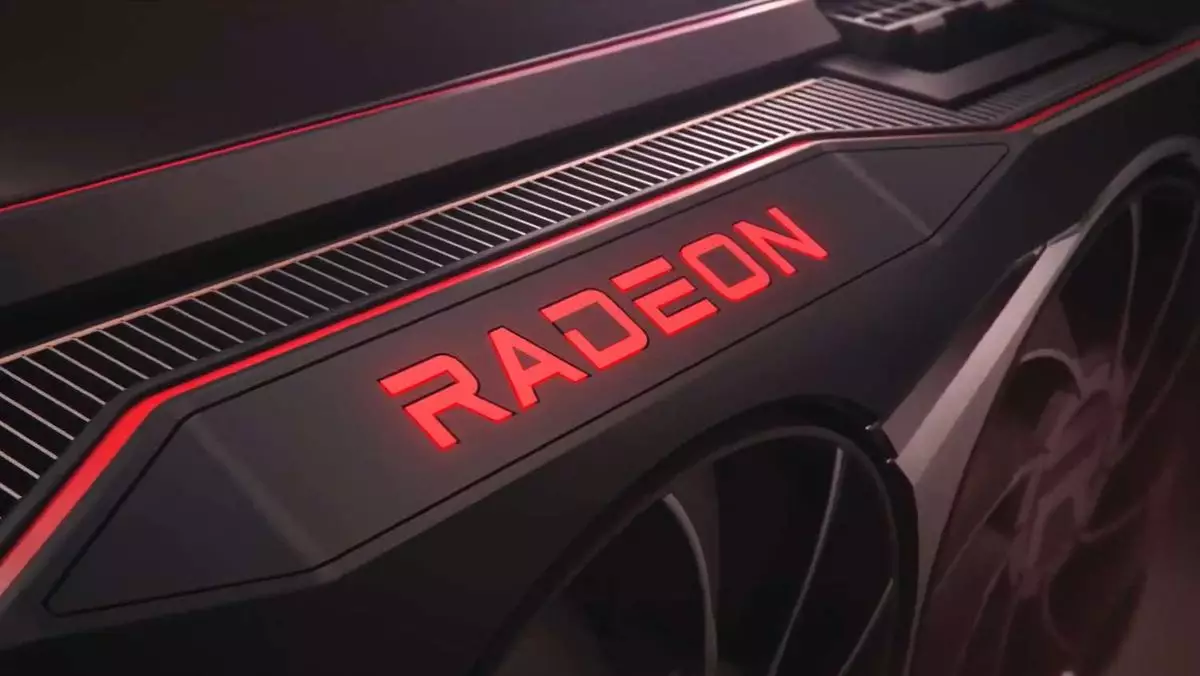As the year comes to a close, gamers are eagerly anticipating some of the most anticipated titles launching just in time for the holiday season. However, amid all the excitement, AMD has found itself lagging slightly behind its primary competitor, NVIDIA, in terms of game support. With titles like Stalker 2 and Microsoft Flight Simulator 2024 making waves, it was crucial for AMD to enhance its Adrenalin software to better cater to its users. The release of Adrenalin Edition 24.12.1 marks a significant update, introducing essential support for several new games, bug fixes, and performance improvements that AMD users have been waiting for.
One major highlight of the Adrenalin Edition 24.12.1 update is its official support for several high-profile games. Among these are Marvel Rivals, Microsoft Flight Simulator 2024, Dragon Age: The Veilguard, Slitterhead, Delta Force, and, of course, Stalker 2. These titles represent diverse gaming genres, showcasing AMD’s commitment to enhancing the gaming experience for a wide array of preferences. Gamers who plan to engage with these titles over the holidays will benefit from the improvements and fixes that accompany this update, potentially resulting in a smoother and more enjoyable gameplay experience.
In addition to introducing new game support, the latest Adrenalin software addresses a variety of issues that users have experienced recently. For instance, players using Radeon RX 5000-series graphics cards faced crashes while playing popular games like Monster World and Fortnite. Those persistent problems are now resolved, enhancing stability and preventing frustrating interruptions during gameplay. Furthermore, the update has also tackled issues concerning H.264 encoding on OBS when streaming to Twitch, providing content creators with the reliability they rely on for seamless broadcasting.
Despite the positive changes, AMD has not shied away from acknowledging the limitations present in this update. Known issues regarding the Windows Subsystem for Linux and potential HEVC encoding problems with OBS Studio are noted, emphasizing AMD’s transparency with its user base. While it’s comforting to know that AMD is aware and actively addresses these concerns, the absence of a clear timeline for when these known issues will be resolved leaves some uncertainty for users hoping for immediate solutions.
With the introduction of the new driver software, performance metrics become a focal point of discussion. For example, while the Radeon RX 5700 XT experienced subpar performance at 4K resolution compared to NVIDIA’s RTX 3060 Ti, its performance at lower settings was comparatively better. Nonetheless, users must weigh in on whether the new updates will produce notable improvements for these specific scenarios. The same can be said for Dragon Age: The Veilguard, where performance benchmarks remain uncertain post-update, raising questions about whether users can fully enjoy the new gaming landscape.
Another noteworthy observation pertains to Microsoft Flight Simulator 2024. The recent trends in RAM requirements indicate a significant performance enhancement from upgrading to 96 GB of memory as opposed to the standard 64 GB. For gamers looking to push their machines, this shift sheds light on how system specifications interact with game performance, further informing AMD enthusiasts about the requirements needed to maximize their gaming experience.
The Adrenalin software suite does more than just provide driver updates; it serves as a hub for managing graphics settings that can significantly impact gaming performance. Features such as FreeSync, Radeon Chill, and Radeon Blast enable users to tailor their experience more precisely and get the most out of their AMD hardware. Recording clips and utilizing in-app features add layers of efficiency for gamers seeking to optimize performance.
For users with an all-AMD gaming rig or those who predominantly rely on AMD graphics cards, utilizing the Adrenalin software is highly recommended. While NVIDIA’s offerings may currently dominate the high-end market, AMD continues to produce competitive GPUs that cater to a dedicated user base. The latest update is a promising step forward, aligning AMD’s offerings with the needs and expectations of modern gamers, especially as we head into a new year filled with exciting gaming possibilities.

